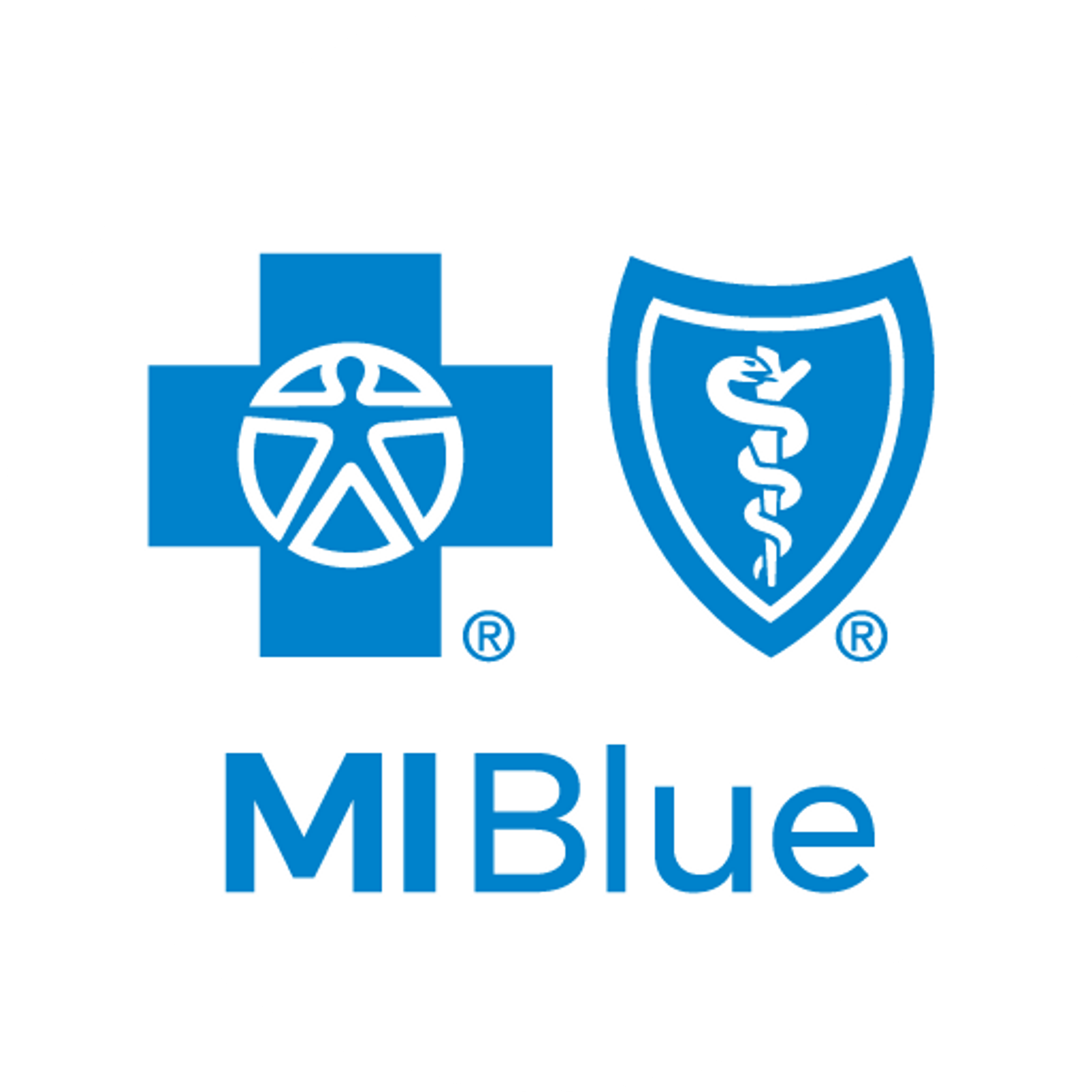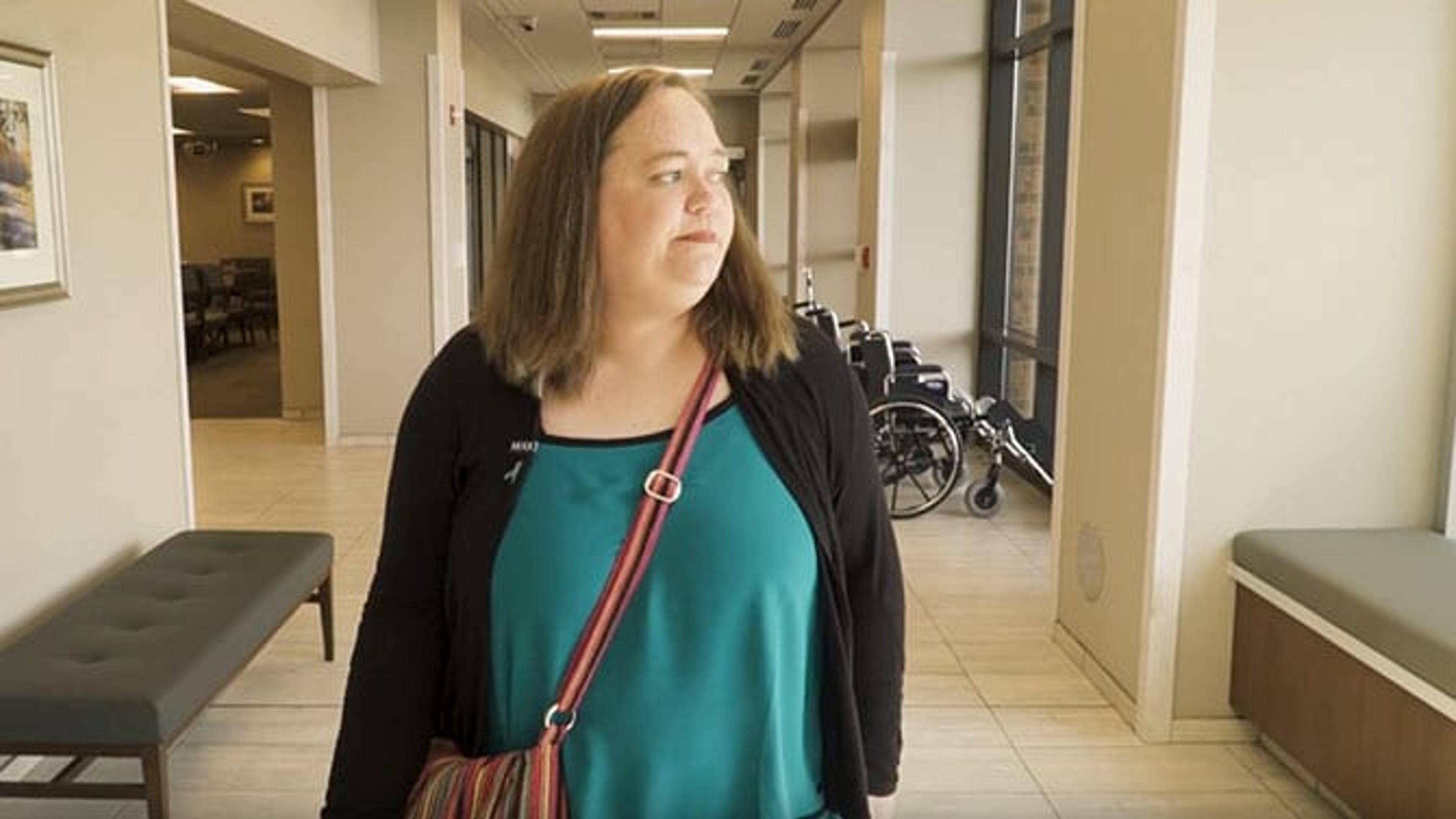How to Prevent Opioid Misuse? Prescribe Fewer Pills After Surgery

Blues Perspectives
| 2 min read

Dr. Michael Englesbe has seen it all. As a transplant surgeon at the University of Michigan, he’s observed the effects of opioids on patients and non-patients alike.
One fateful weekend, Dr. Englesbe performed three consecutive organ removals, all on young women, all stemming from opioid overdose. This wasn’t a coincidence. It was a dangerous pattern that would change his outlook and approach to medicine.
Dr. Englesbe wanted to examine the role he, and other surgeons, played in these types of outcomes. So, he tapped into the data collected from Blue Cross Blue Shield of Michigan’s general surgery Collaborative Quality Initiative, which is a part of the Value Partnerships platform of clinical quality improvement programs. Data analysis showed that it was not uncommon for a notable percent of patients to be still on opioids three months after surgery.
Dr. Englesbe and other surgeons across the state worked together to develop better practices for post-surgical pain management, including new opioid prescribing guidelines for many common surgical procedures. The groundbreaking model is the first of its kind and has already made a lasting impression.
Emily Santer, who’s living with a chronic disease, has undergone multiple surgeries throughout her life. Yet, her most recent procedure brought a welcome change. She had a significantly shorter hospital stay and didn’t require any opioids.
Dr. Englesbe and other surgeons across the state worked together to develop better practices for post-surgical pain management, including new opioid prescribing guidelines for many common surgical procedures. The groundbreaking model is the first of its kind and has already made a lasting impression.
Emily Santer, who’s living with a chronic disease, has undergone multiple surgeries throughout her life. Yet, her most recent procedure brought a welcome change. She had a significantly shorter hospital stay and didn’t require any opioids.
“It was in so many ways a completely different experience,” says Emily. “I attribute a lot of it to the learning that they’ve done through the CQIs.”
By minimizing opioid prescriptions post-surgery, doctors are improving recovery times, reducing the odds of a patient becoming addicted to opioids, and reducing long-term costs for everyone.
By minimizing opioid prescriptions post-surgery, doctors are improving recovery times, reducing the odds of a patient becoming addicted to opioids, and reducing long-term costs for everyone.
“Taking opioids every day is no way to live,” says Dr. Englesbe.
The goal is to provide essential care that increases, not diminishes, a patient’s quality of life. Through the opioid prescribing initiative of the CQI, post operative opioid prescribing decreased by 65% and prescribing recommendations are now available for 27 procedures.
Collaborative Quality Initiatives are a part of Blue Cross’ Value Partnerships platform of programs, which is celebrating 20 years of advancing the health care delivery system and making health care work better for Michigan and beyond.
Hear more about CQIs and their impact on opioids in this video.





